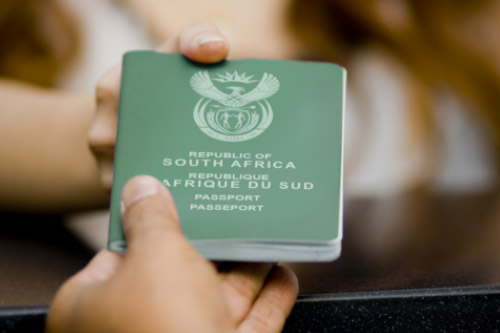The increased volatility driven by Covid-19 has pushed the steady growth in investment migration into overdrive, says global citizenship company Henley & Partners.
The group’s South African firm reports a sharp increase in enquiries in Q3 compared to Q1 2020, with a nearly 50% increase in enquiries overall as the pandemic coursed around the globe.
It said that despite the travel restrictions still in place, clients continue to show interest in the Montenegro Citizenship-by-Investment program, which requires travel much later at the end of the application process, and the St. Lucia Citizenship-by- Investment program which requires no travel.
Montenegro enquiries increased by 25% in Q3 compared to Q1, and St. Lucia enquiries increased by 46% in the same period, it said.
“The tumultuous events of 2020, including the unplanned pause during the great lockdown, have resulted in people from all walks of life re-evaluating their circumstances and reconsidering how they wish to conduct their lives and — for those fortunate enough — choosing where they want to live by opting for investment migration,” said managing partner and Head of South, East and Central Africa, Amanda Smit.
“Many are taking stock and ensuring they are better prepared for the next pandemic or major global disruption. The relentless volatility in terms of both wealth and lifestyle has resulted in a significant shift in how alternative residence and citizenship are perceived by high-net-worth investors around the world.”
Smit said that proactive, wealthy South Africans who have invested in alternative residence or citizenship for their families are better place placed to weather potential future storms.
“Many business owners, investors, and their families have realised that they can operate remotely and that there is no longer a need to be based in or close to the large financial city centres,” she said.
“In the post-Covid era, investment migration programs will be a reliable back-up plan, providing investors with unparalleled safety, security, stability, and opportunity, including access to major money markets.”
Decrease in passport value
Experts have warned that passports held by those in developing nations will decrease in value in the short- to medium-term.
As premium passports lose their shine in a post-Covid world, experts suggest that the crisis is likely to restrict international mobility further in the longer term.
“Even as countries open their borders, it is expected that numerous governments will use epidemiological concerns as a justification for imposing new immigration restrictions and nationality-targeted travel bans that will mainly be aimed at citizens of developing countries,” said Dr Yossi Harpaz, assistant professor of sociology at Tel Aviv University.
“The passports of both developing and developed nations stand to decrease in value, at least temporarily. In such uncertain times, global demand for dual citizenship and investor visas is expected to increase,” he said.
Current travel restrictions aside, South Africans can still access 101 countries visa-free, ranking 56th overall on the list – down from 51st in 2019.
Article: BusinessTech





